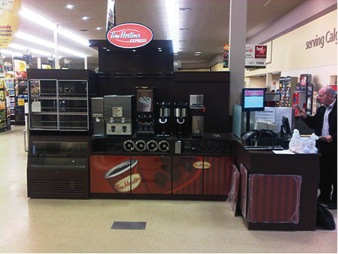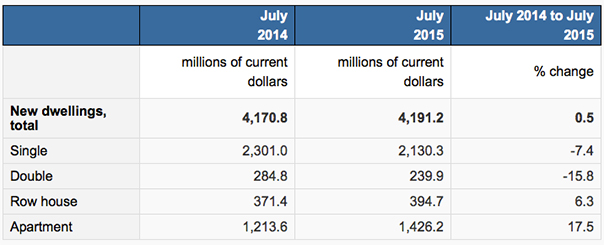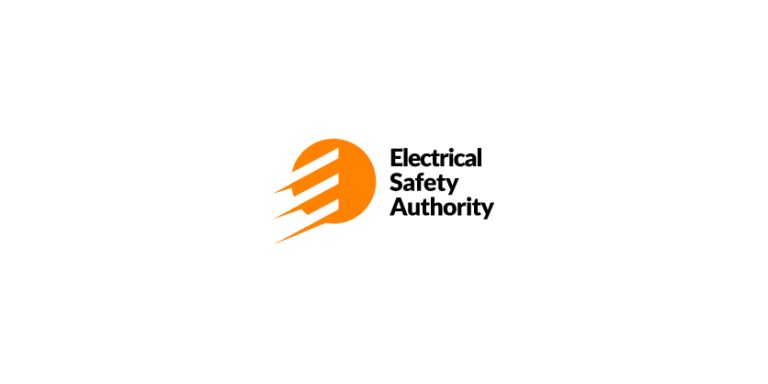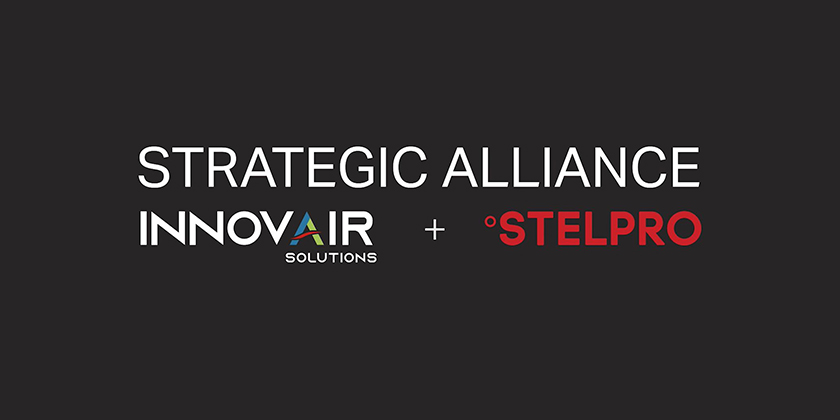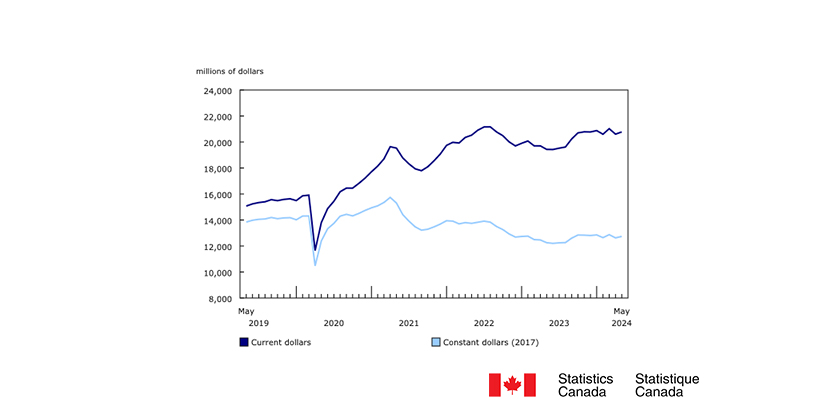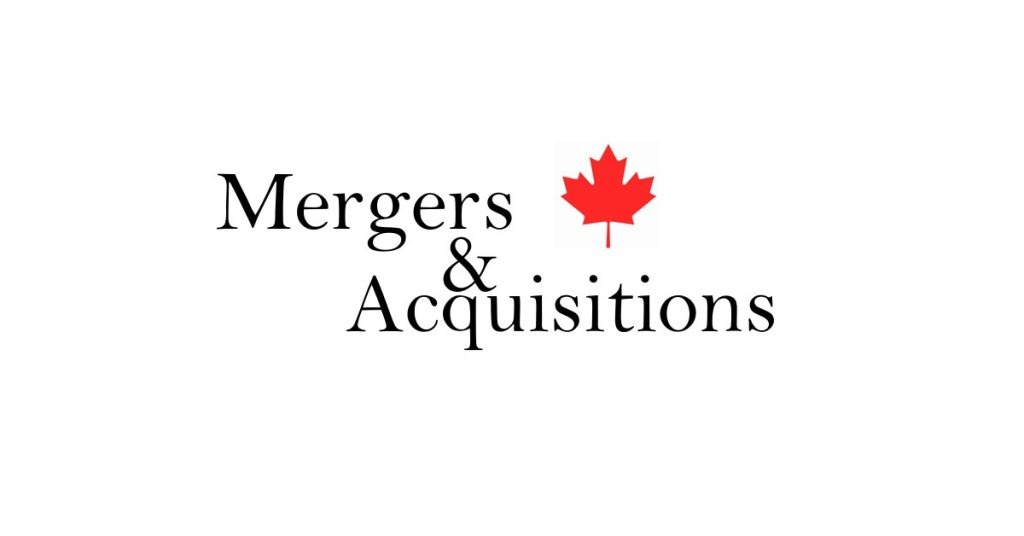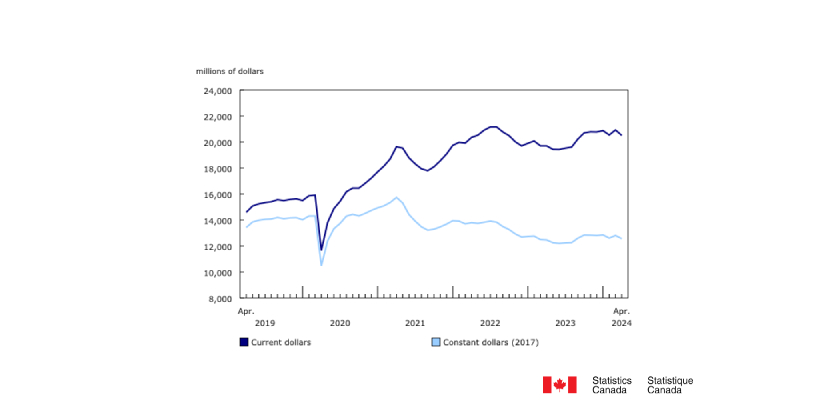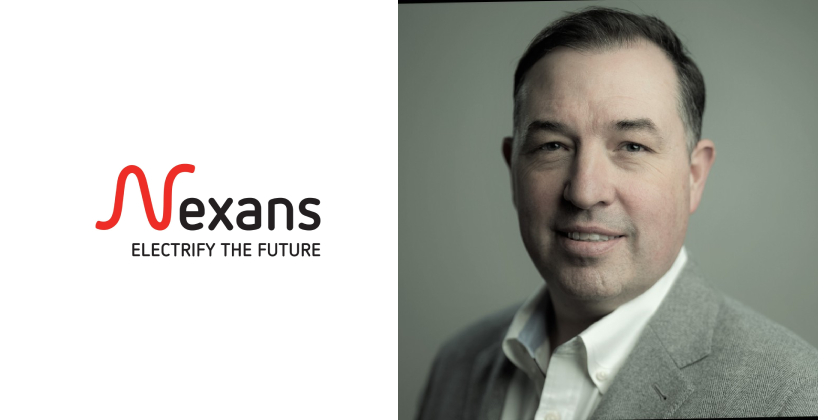The Role of CSA Codes & Standards in Adapting to a Changing Climate
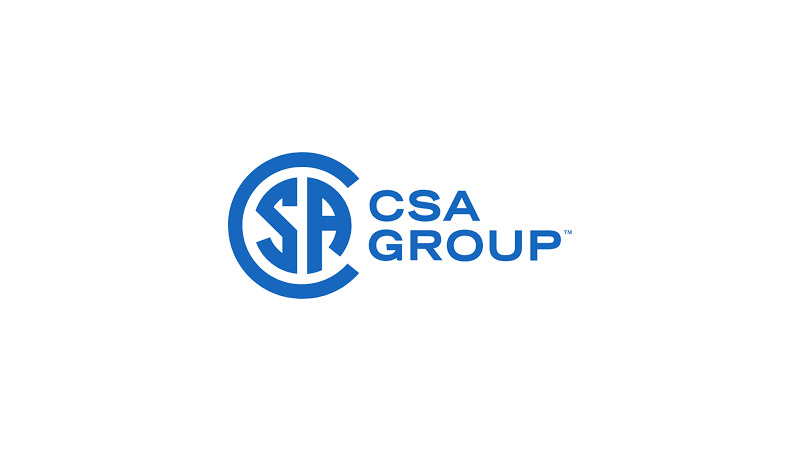
November 23, 2022
By Blake Marchand
This article is a discussion with Michael Wilson, Director, Electrical, CSA Group, where we take a closer look at recent changes to CSA C22.3 NO. 1:20 Overhead Systems and CSA C22.3 NO. 7:20 Underground Systems, which as Wilson mentions, were updated in January 2022.
Climate change is no doubt a major concern around the world, and certainly in Canada. As a nation we are already seeing the impacts of a changing climate due to a number of factors, including geography and high emissions per capita. The importance of adapting our electrical infrastructure to remain resilient midst climate change cannot be understated.
In order to improve resiliency, CSA Group develops and improves upon existing codes and standards by leveraging climate change data, while supporting those efforts by focusing on education, as well as return on investment with respect to infrastructure upgrades addressing resiliency.
Below, Wilson explains the implications of recent changes to the aforementioned standards, while discussing the role standards play in Canada’s Climate Adaption Plan.
What exactly do the recent changes to C22.3 No 1 & 7 entail, and what are their implications?
Within the scope of the Canadian Electrical Code (CE Code) Part III, two foundational National Standards of Canada have been amended to allow electrical infrastructure to further adapt to a changing climate. Both the CSA C22.3 NO. 1:20 Overhead Systems and CSA C22.3 NO. 7:20 Underground Systems standards were updated in January 2022, via interim amendments as approved by the responsible volunteer Technical Committees in an accelerated timeline. Both standards have undergone extensive revisions (amendments) with a focus on Climate Change Adaptation (CCA). These amendments are focused on increasing electrical and communication infrastructure resiliency to extreme climate events, while increasing system reliability, continuity of service, and improved safety.
These standards are critical resources for electric and telecommunication utilities and are inherently referenced in the CE Code Part I[1]. They are referenced in numerous specifications and federal and provincial regulations of Canada e.g. International and Interprovincial Power Line Damage Prevention Regulations – Authorizations, Minor Works Order, Wire Crossing and Proximities Regulations, O. Reg. 22/04: Electrical Distribution Safety, Canadian Navigable Waters Act and Canadian Occupational Health and Safety Regulation, to name a few. They often serve as the “standard” for infrastructure design and investment discussions between utilities and their respective regulatory authorities.
What other changes or overhauls have been made in most recent CSA code updates?
Amendments to these CSA Codes were quite extensive. The changes related to CCA are summarized below:
Update No. 1 – January 2022 of the CSA C22.3 NO. 1:20 Overhead Systems standard includes multiple changes, with key updates introducing:
- making allowances for future weather/climate projections;
- climatic data for selected locations;
- flooding and flood hazard zones;
- weather loadings;
- vegetation management with a focus on fires / wild fires;
- discontinuous permafrost; and
- ice removal management system
Update No. 1 – January 2022 of the CSA C22.3 NO. 7:20 Underground Systems standard includes multiple changes, with key updates introducing:
- making allowance for future weather/climate projections;
- flood hazard and flood protection; and
- ground movement
Where is the demand coming from to adapt standards and regulations to climate change adaptations? Is it mostly political and regulatory demand? Consumer demand?
The impacts of climate change are affecting individuals, communities, business sectors, and governments at all levels around the world. Canada’s climate plan includes several initiatives and targets including the development of Canada’s National Adaptation Strategy, which is slated for completion by the end of 2022.
CSA Group’s standards development and research work focused on climate change is intended to leverage the National Standards System to allow for standardized and codified language to help increase awareness and support the development of tools to increase the climate resiliency of infrastructure. Modifications to existing, and the creation of new codes and standards, along with climate research and resulting tools will assist designers and practitioners in moving the bar to greater infrastructure resilience to the impacts of extreme weather events. Considerations include the intensity, frequency, duration and geographic location of these events, e.g. Flooding and drought, high winds, ice, hail and snow loads, wildfires, temperature and permafrost thaw. An overview of several CSA initiatives in climate change resilience may be reviewed through the following link; CSA and Climate Change Resilience (registration is required to access the site).
What are the unique challenges of adopting the code to climate change needs?
Codes and Standards are one of the many pathways available to allow for changes to be implemented when designing new, or modifying existing, infrastructure. These documents are often specified or mandated through various regulations to guide how infrastructure is developed.
The Canadian Electrical Code series, along with the National Building Codes, National Energy Codes, and others all have a role to play in moving the bar to greater climate resilience in infrastructure. These codes are reviewed and updated at least every five years in response to new research, technologies, construction practices, etc. Keys to success include, but are not limited to;
- Climate data – Obtaining relevant, accurate and up-to-date climate information is vital to the code writing process, along with the many different climate parameters that may be required. This can be especially challenging as future climate projections cannot be solely reliant on historical trends. Because of this, climate design values must often be determined through modelling using software to take future climatic changes into account.
- Education – A better and broader understanding of climate change risks and implications to the electricity and telecommunications systems and infrastructure is needed. The CEC Part III Essentials Course, 2020 Edition Guidelines for Overhead and Underground Systems has been updated to assist both in the understanding and the application of these latest changes.
- Return on Investment – A better understanding of the benefits, including co-benefits (e.g. mitigation) of taking action and return on investment, which may provide added support for infrastructure investments.
What do you expect the future of the code to look like in regard to climate change?
Codes and Standards are developed by expert volunteers. These experts need the support and expertise of climate change professionals in assessing risk and in interpreting climate data and developing appropriate code language to allow for added climate resilience.
In addition, cooperation with regulators, governments and consumers at large will be required. Governments, professional bodies, and international institutions will continue to play an important role in creating an enabling environment and incentivizing resilience measures through guides, standards, and regulations. A holistic approach will be required that aligns with other codes and standards to help ensure the most effective climate adaptation outcomes.
Considering the above and working together will help ensure that designing for climate resilience will soon be just a regular part of the Codes and Standards development process.
How fast are these regulations changing? How fast should they be changing to ensure safety?
Climate change is affecting Canada, with extreme weather events, such as floods, high winds, and wildfires increasingly more commonplace. This provides an impetus for Canadians to better adapt and build resilience to climate change. As earlier noted, Canada’s climate plan points to several initiatives and activities on climate action, many of which are currently underway.
The regulations relating to the consideration and adoption of codes and standards are expected to evolve alongside the availability of new climate data and public policy, which will also evolve with it.
[1] a model code adopted across Canada as a regulation for the safe installation of electrical equipment;




